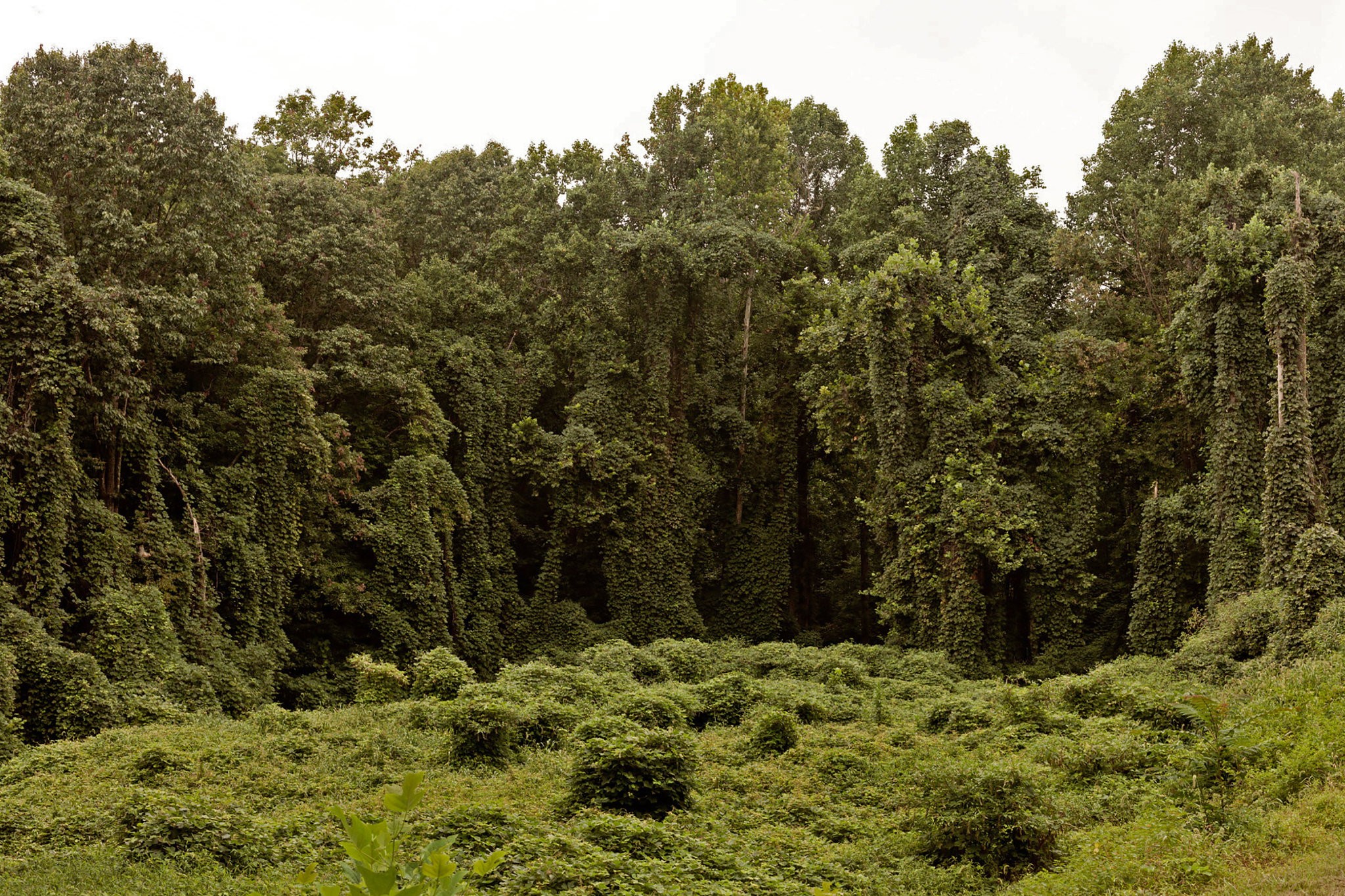Global warming will make our world more green, but you shouldn’t rejoice

Plants, producing more carbon dioxide than usual, are booming. But they also “exhale” carbon dioxide as a product of the breathing process.
In Russian there is no term “Global Gardening”, but in English there are several such options, including “Global greening” and “Greenhouse effect”. Among other things, the point is that the more carbon dioxide is emitted into the atmosphere, the better the plants feel, the more they grow and they will grow more actively. Well, since a person releases about 40 million tons of carbon dioxide into the atmosphere annually, the plants have something to rejoice (figuratively speaking, of course).
Now several groups of scientists are studying the situation with “global gardening”, which entails activating the process of photosynthesis in the same plants. There are already some research results. One of them shows that now plants turn organics into 31% more carbon dioxide than they did before the industrial revolution.
In the literature and regular periodicals, the results of this study are often used to state that, in fact, global warming does not have such terrible consequences, which many scientists say. “The positive message is clear: carbon dioxide levels will grow slowly, the Earth will become greener,” says Joseph Bast, executive director of the Heartland Institute. He stated this in 2017 .
In June, Bast repeated his statement, giving an interview to The Wall Street Journal. Then he said that the use of combustible minerals is not only harmful, but also useful, since it allows to ensure uniform emission of CO2 into the atmosphere, which leads to the greening of the planet. But is everything really that good? Maybe you really shouldn't worry? Worth, the fact that plants grow better does not greatly improve the situation with the consequences of global warming.
For example, the fact that photosynthesis as a process becomes more active does not mean that plants will produce more food. “A 30% increase in photosynthesis activity does not mean that 30% more strawberries will appear on the fields,” said one of the research participants.
In addition, plants not only capture CO2 from the atmosphere, but also release this gas back during the respiratory processes. Photosynthesis occurs during the day, and carbon dioxide is absorbed at the same time. But at night the plants "breathe", like everyone else, absorbing oxygen and throwing out carbon dioxide.
Whatever it was, but for humans there is practically nothing good - the plants will not produce more food or consume more carbon dioxide.
Moreover, there is evidence that the higher the level of carbon dioxide in the air, the lower the nutritional value of plants. “There is reason to believe that the quality of food will be affected,” said Dr. Campbell, one of the study leaders.
It is not entirely clear why this is happening. In an article published in Current Opinion in Plant Biology in June, researchers wrote that microorganisms were to blame . Why? For the simple reason that the soil microflora also consumes carbon dioxide, as well as nutrients, respectively, the plants get less “food” than they could.
For a person there are unpleasant moments. If you consume foods with a smaller than necessary amount of nutrients and trace elements, the body will become more vulnerable to the action of pathogens of various diseases. This is indicatedin the results of research by scientists from Stanford. It is not only about organic, but also about individual chemical elements. For example, in Southeast Africa, iron deficiency in food will increase from 21.8% to 27.9% by 2050.
Another point - the fact that in the future there will be more plants, does not mean the suspension of climate change. Scientists have calculated the effect of accelerated photosynthesis and a greater amount of carbon dioxide consumed by plants: the total amount of CO2 that will be absorbed by plants will be about a quarter of the amount of emissions of this gas by humans. Yes, it is a lot, but the process of global warming will occur at about the same speed as it was predicted by man.
After 2010, 6 of the hottest years in the history of weather observations were recorded. The conditions themselves change towards more extreme. The acidity of water in the oceans increases significantly, the composition of atmospheric air also changes gradually. And in any case, the plants will change little, a person must act independently and not rely on external factors. If this is not done, then in the future, let it not be for us, but for our descendants, it can be painfully painful.
